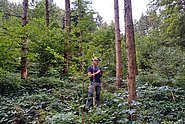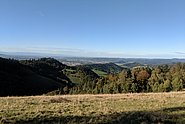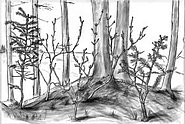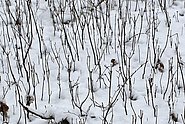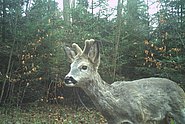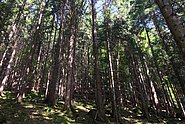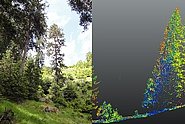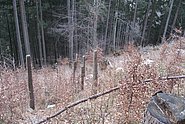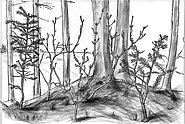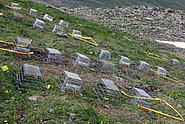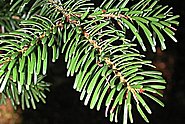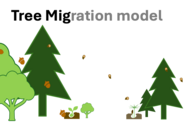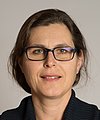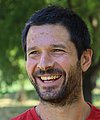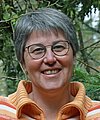Forest regeneration is a central process in the dynamic of forests. The process concerns the re-establishment or regrowth of trees and predominantly intensifies in pulses after natural or anthropogenically induced disturbances. Its key role in the resilience of forests to environmental change translates to the forest’s adaptation to climate change: by changes in species composition and forest structure. Regeneration includes all phases from flower primordia differentiation, seed production, seed dispersal, seed germination, seedling establishment and ingrowth to tree layer. It addresses both types natural and artificial reproduction considering genetic variation and phenotypic plasticity.
Currently, research on tree regeneration is conducted by seven research units located in Birmensdorf, Davos and Cadenazzo. Third party money is acquired by many research groups on various topics related to forest regeneration. From 2012 to 2021, a total of 195 publications appeared on this subject, 150 of which in peer-reviewed journals or books. In 2022, an internal concept paper (Brang et al.) outlined the leading role of WSL in forest regeneration research at both national and international scale. To better coordinate diverse internal activities such optimizing the use of methods, assessment technics and data, as well as to strengthen cooperation among internal and external researchers concerned with this topic, the Forest Regeneration Network (ForReg) was founded in 2022. So far, 32 scientists have joined this network, covering the expertise of experimental research, monitoring, modeling, biodiversity aspects regarding soil-plant and animal-plant interactions, and disturbance ecology.
WSL research on forest regeneration covers the following topics: ¶
- drivers of regeneration
- demography in juvenile tree populations
- environmental niches of juvenile trees
- browsing effects on juvenile trees
- competition of invasive alien species on native species
- improved simulation models
- improved sampling designs and regeneration indicators
- silvicultural management for climate change adaptation
Projects ¶
Products ¶
Further projects ¶
Members ¶
Publikationen ¶
Streit K., Brang P., Frei E.R. (2024) The Swiss common garden network: testing assisted migration of tree species in Europe. Front. For. Glob. Change. 7, 1396798 (15 pp.). https://doi.org/10.3389/ffgc.2024.1396798Institutional Repository DORA
Nikolova P.S., Allgaier Leuch B., Frehner M., Wohlgemuth T., Brang P. (2024) Indikatoren der Waldverjüngung und ihre Anwendungsbereiche. Schweiz. Z. Forstwes. 175(3), 108-115. https://doi.org/10.3188/szf.2024.0108 Institutional Repository DORA
Zani D., Lehsten V., Lischke H. (2022) Tree migration in the dynamic, global vegetation model LPJ-GM 1.1: efficient uncertainty assessment and improved dispersal kernels of European trees. Geosci. Model Dev. 15(12), 4913-4940. https://doi.org/10.5194/gmd-15-4913-2022 Institutional Repository DORA
Kalt T., Nikolova P., Ginzler C., Bebi P., Edelkraut K., Brang P. (2021) Kurzes Zeitfenster für die Fichtennaturverjüngung in Gebirgsnadelwäldern. Schweiz. Z. Forstwes. 172(3), 156-165. https://doi.org/10.3188/szf.2021.0156 Institutional Repository DORA
Vacchiano G., Ascoli D., Berzaghi F., Lucas-Borja M.E., Caignard T., Collalti A., … Hacket-Pain A. (2018) Reproducing reproduction: how to simulate mast seeding in forest models. Ecol. Model. 376, 40-53. https://doi.org/10.1016/j.ecolmodel.2018.03.004 Institutional Repository DORA
Lischke H., Löffler T.J. (2006) Intra-specific density dependence is required to maintain species diversity in spatio-temporal forest simulations with reproduction. Ecol. Model. 198(3-4), 341-361. https://doi.org/10.1016/j.ecolmodel.2006.05.005 Institutional Repository DORA


